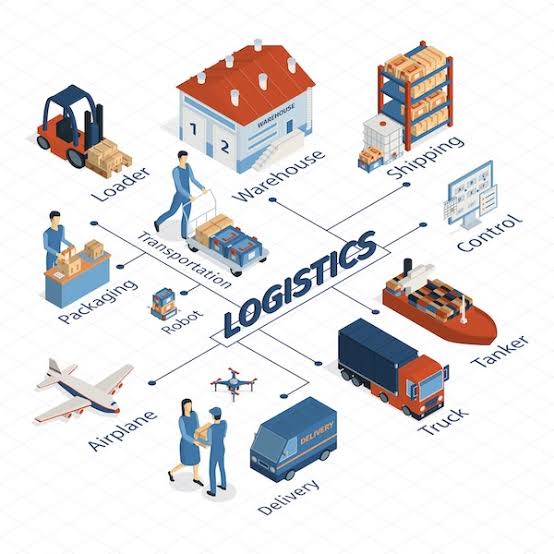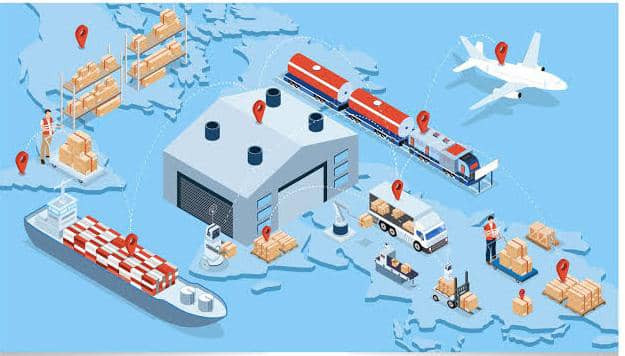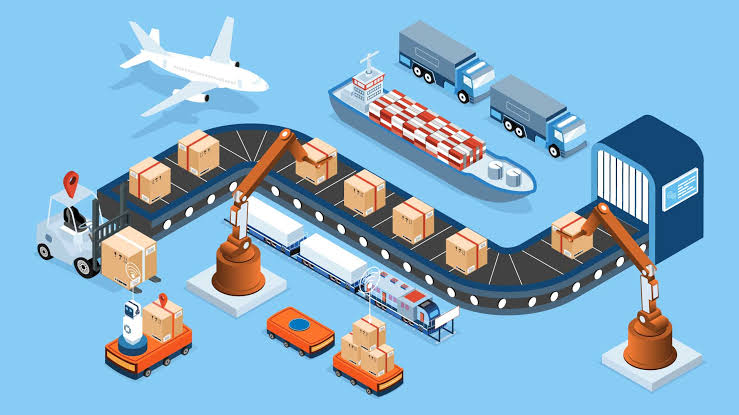Sustainability refers to designing and managing logistics operations in a way that minimizes their environmental, social, and economic impact. Sustainability has a significant impact on logistics, reshaping how goods are transported, stored, and managed.

KEY IMPACTS OF SUSTAINABILITY ON LOGISTICS.
1. Green Transportation.
a. Reduced emissions: Companies are adopting electric vehicles (EVs), alternative fuels (like biodiesel or hydrogen), and route optimization software to cut down CO₂ emissions.
b. Regulations: Governments are enforcing stricter environmental laws, prompting companies to upgrade fleets and reduce their carbon footprint.
2. Energy Efficiency in Warehousing.
a. Green buildings: Warehouses are being built or retrofitted with energy-efficient lighting, insulation, and solar panels.
b. Automation: Robotics and smart systems help reduce waste and energy consumption in storage and order picking.

3. Eco-Friendly Packaging.
a. Sustainable materials: More logistics companies are using biodegradable, recyclable, or reusable packaging.
b. Packaging optimization: Reducing package sizes helps minimize waste and lowers transportation emissions due to lighter loads.
4. Reverse Logistics.
a. Companies are improving processes for returns, recycling, refurbishing, or reusing products, which supports circular economy goals and reduces landfill waste.

5. Supply Chain Transparency.
a. There’s increasing pressure to ensure sustainability across the entire supply chain—from sourcing raw materials to last-mile delivery.
b. Technologies like blockchain and IoT help monitor environmental performance and trace goods through the supply chain.
6. Cost Implications.
a. Initial investments in sustainable practices can be high, but they often lead to long-term savings through fuel efficiency, waste reduction, and compliance avoidance.

SUMMARY: Sustainability has a significant impact on logistics, driving changes across the supply chain to reduce environmental footprints, improve efficiency, and meet regulatory and consumer demands. In short, sustainability is reshaping logistics by encouraging more responsible, efficient, and forward-thinking supply chain practices.